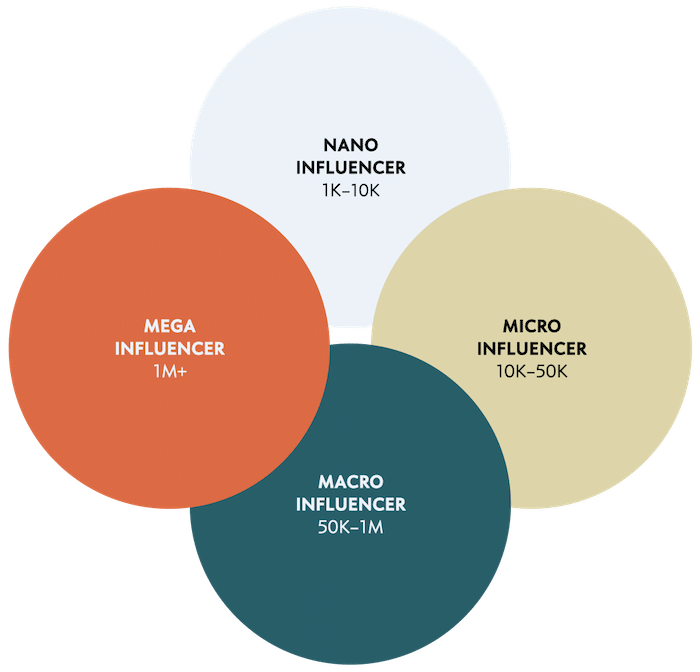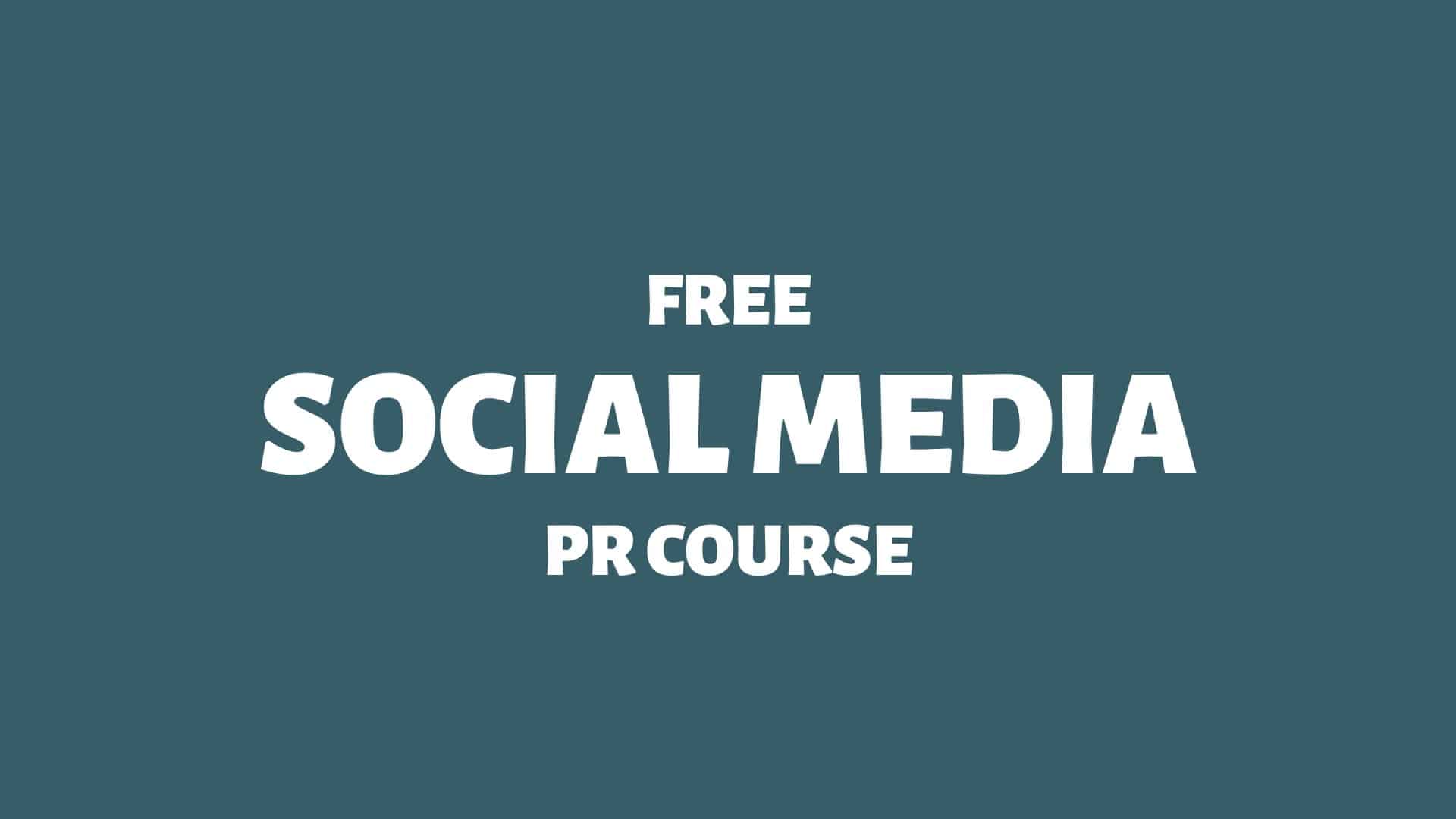Talented social media naturals are rare to find.
As a digital strategist, I can often tell whether someone working at a company “gets” social media. In my experience, having a social media natural in charge of your brand accounts is more efficient.
How do you recognise a social media natural?
Here goes:
Social Media Naturals
Having done my fair share of media training, I’ve learnt that most people have their preferred means of communication.
And so on.
Some people find it easy to communicate via social media, i.e., they are social media naturals. No one has to teach them anything; they just “get” it.
As we adapt to the Electronic Age, Generation Z might be the first cohort where a majority can be considered social media naturals.
Definition of Social Media Naturals
Here’s how to define social media naturals:
Social media natural = someone for whom it’s intuitive and effortless to communicate via social networks. 1Silfwer, J. (2010, April). Social Media Naturals. Doctor Spin | The PR Blog. https://doctorspin.net/social-media-naturals/
Please note that social media naturals are not synonymous with influencers (i.e. digital personalities with online audiences).
Remember:
Influencers are often social media naturals.
However, not all social media naturals are influencers.
Learn more: Social Media Naturals
Why Social Media Naturals are Valuable
In future generations, almost everyone will be a social media natural. But until then, organisations will have to find — and hire! — them.
Hiring a social media influencer to execute the digital strategy can be a hit-or-miss enterprise. From a close-up perspective, I’ve seen this several times.
Influencers tend to care mostly about their brands; for them, it’s always about positioning themselves in the marketplace. However, a niched social media natural can find an organisation with matching passions.
Identifying social media naturals within an organisation is often more straightforward than one might think. This is because they can’t stop constantly interacting on social media with the topic of their interest.
Many organisations have experts using social media to discuss and connect, but no one might have invited them to contribute professionally to the organisation’s social media strategy.
How To Empower Social Media Naturals
When looking for a community manager, I always investigate their personal social media presence.
I’d look not for massive followings but for ease of use, passion, and willingness to experiment. I’d look specifically for someone who has no problems finding the right tonality for various social media situations.
Once within the organisation, I’d suggest creating a framework well-suited for social media naturals:
The Narcissistic Principle
“People want to be loved; failing that admired; failing that feared; failing that hated and despised. They want to evoke some sort of sentiment. The soul shudders before oblivion and seeks connection at any price.”
— Hjalmar Söderberg (1869−1941), Swedish author
When we share on social media, we share for a reason. And that reason typically has something to do with… ourselves:
It’s the narcissistic principle behind why we share on social media.
The narcissistic principle = when we share or engage on social media, we mainly share aspects of ourselves — because that’s what we care about most. 2Silfwer, J. (2012, July 16). The Narcissistic Principle. Doctor Spin | The PR Blog. https://doctorspin.net/narcissistic-principle/
If you can get social media to work for you, great.
Make the most of it.
However, we should all be mindful not to let the “online pressure cooker” get the better of us.
“A status update with no likes (or a clever tweet without retweets) becomes the equivalent of a joke met with silence. It must be rethought and rewritten. And so we don’t show our true selves online, but a mask designed to conform to the opinions of those around us.”
— Neil Strauss, Wall Street Journal
Learn more: The Narcissistic Principle
The Influencers in Public Relations
In public relations, influencers are individuals who have managed to grow a substantial audience, which has the potential to affect a specific organisation either positively or negatively.
Influencers = independent content creators with influential platforms and followings of potential importance to a brand. 3Silfwer, J. (2020, January 15). The Influencers in Public Relations. Doctor Spin | The PR Blog. https://doctorspin.net/influencers-in-public-relations/
Establishing and maintaining good relationships with strategically chosen influencers for the organisation is often critically important.
“Influencers in public relations are emerging stakeholders who generate a state of opinion in the digital community that surpasses traditional public opinion.”
Source: The Role of Prosumers in the Interactive and Digital Processes of Public Relations 4Polo, M. (2020). The Role of Prosumers in the Interactive and Digital Processes of Public Relations. 161 – 174. https://doi.org/10.4018/978 – 1‑7998 – 3119‑8.ch012
How To Categorise Influencers
There aren’t standardised terminologies for influencer marketing and influencer relations, and no general following sizes or engagement ratios exist. However, it’s possible to make approximate distinctions.

I recommend using the following tiers and naming conventions for categorising different types of influencers:
Learn more: The Influencers in Public Relations

THANKS FOR READING.
Need PR help? Hire me here.

What should you study next?
Spin Academy | Online PR Courses

Spin’s PR School: Free Social Media PR Course
Discover this free Social Media PR Course and master the art of digital public relations on social networks and platforms. Explore now for valuable insights!
Social Media Psychology
Social Media Management
Social Media Issues
Learn more: All Free PR Courses
💡 Subscribe and get a free ebook on how to get better PR.

Annotations
| 1 | Silfwer, J. (2010, April). Social Media Naturals. Doctor Spin | The PR Blog. https://doctorspin.net/social-media-naturals/ |
|---|---|
| 2 | Silfwer, J. (2012, July 16). The Narcissistic Principle. Doctor Spin | The PR Blog. https://doctorspin.net/narcissistic-principle/ |
| 3 | Silfwer, J. (2020, January 15). The Influencers in Public Relations. Doctor Spin | The PR Blog. https://doctorspin.net/influencers-in-public-relations/ |
| 4 | Polo, M. (2020). The Role of Prosumers in the Interactive and Digital Processes of Public Relations. 161 – 174. https://doi.org/10.4018/978 – 1‑7998 – 3119‑8.ch012 |



Social Media Mechanics